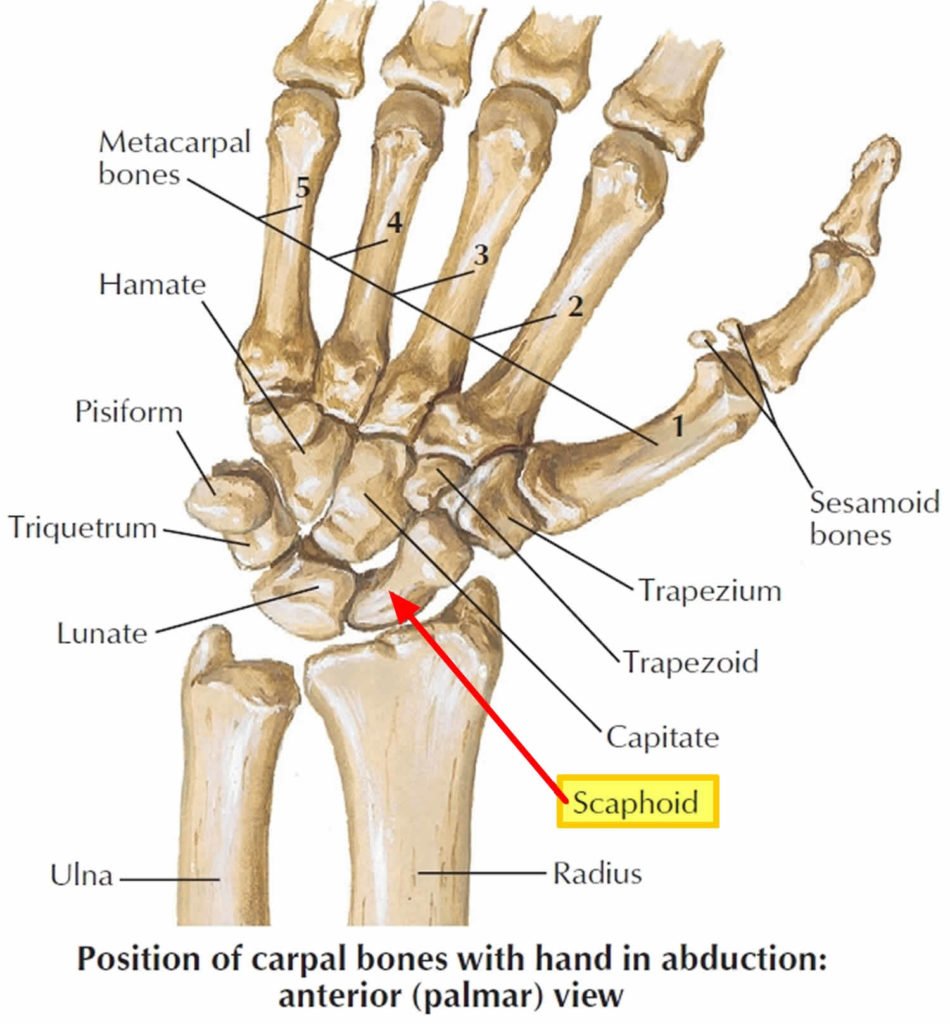

Your surgeon will X-ray the wrist several times after surgery to make sure that the bones are healing properly. You can then begin your Evidence Sport and Spine rehabilitation program to help improve wrist range of motion and strength.ĭepending on the type of surgery you have, you may be placed in a splint for up to 12 weeks after surgery. Your wrist will probably be stiff and weak from being in the cast. When your doctor is certain the bones have healed, your cast will be removed. The amount of time you need to wear the cast depends on what part is fractured and whether the bones heal well. Others use a thumb-spica cast designed to keep the wrist and thumb from moving. Some doctors prefer to start with a long-arm cast. If the bone is in good alignment, and there are no problems with the blood supply to the bone, you may be placed in a cast for nine to 12 weeks. Avascular necrosis becomes easy to see on X-rays several months after the injury. If the fracture tears the artery, the blood supply is lost. Only one small artery enters the bone, at the end that is closest to the thumb. The scaphoid bone is at risk for avascular necrosis. This condition is called avascular necrosis ( Avascular means no blood supply, and necrosis means dead.) The lower half of the fractured bone loses its blood supply and actually dies. The second type of nonunion is much more serious. In a simple nonunion, the two pieces of bone fail to heal together. The scaphoid fracture then develops into what surgeons call a nonunion.Ī nonunion can occur in two ways. But patients often assume that the injury is just a sprain, and they wait for it to heal on its own. When a scaphoid fracture is recognized on the first X-ray, treatment begins immediately. Landing on an outstretched hand makes hand and wrist injuries, including a fracture of the scaphoid bone, fairly common. We commonly try to break a fall by putting our hands out for protection. Related Document: Evidence Sport and Spine's Guide to Wrist Anatomy CausesĪ scaphoid fracture is almost always caused by a fall on the outstretched hand. A separation is called a displaced fracture.
#Scaphoid pain crack
This stress can cause either a small crack through the middle of the bone or a complete separation of the bone into two pieces. This is probably because it actually crosses two rows of carpal bones, forming a hinge.Ī fall on the outstretched hand puts heavy stress on the scaphoid bone. It is the most commonly fractured carpal bone. The scaphoid bone is a small carpal bone on the thumb side ( radial side) of the wrist.


Ligaments connect all the small bones to each other, and to the radius, ulna, and metacarpal bones. This means that what we call the wrist joint is actually made up of many small joints. One reason that the wrist is so complicated is because every small bone forms a joint with the bone next to it. The metacarpals attach to the phalanges, which are the bones in the fingers and thumb. The metacarpal bones are the long bones that lie underneath the palm. The carpal bones connect the two bones of the forearm, the radius and the ulna, to the bones of the hand. The scaphoid bone is a carpal bone near the base of the thumb. The wrist is made up of eight separate small bones, called the: Carpal Bones At the same time, the wrist must provide the strength for heavy gripping.
#Scaphoid pain full
The wrist must be extremely mobile to give our hands a full range of motion. These joints and bones let us use our hands in many ways. The joint is actually a collection of many joints and many bones. The anatomy of the wrist joint is extremely complex, probably the most complex of all the joints in the body.


 0 kommentar(er)
0 kommentar(er)
